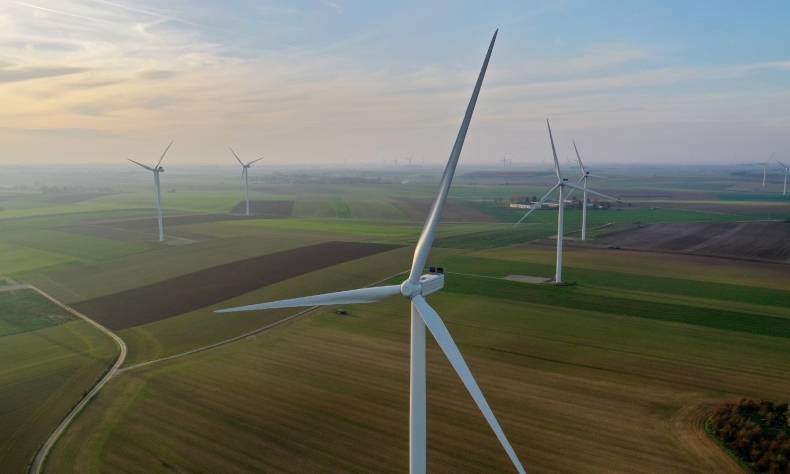Combat Climate Challenge by Upholding International Rule of Law

It is a common cause for humanity to combat climate change. The global efforts in this regard can be taken as a mirror for humans to reflect on what models are suitable for future global governance and how to build a community of a shared future for all humanity.
At a virtual climate summit on April 22, China called for the world commitment to multilateralism and working on the basis of international law. This clearly shows the country’s firm resolve to actively participate in international cooperation to address climate change by safeguarding international rule of law.
Climate change is one of the non-traditional security threats facing the human race. As early as November 2015, at the opening ceremony of Paris Conference on Climate Change, China stressed it was imperative to enhance the standing and role of international law in global governance, ensure effective observance and implementation of international rules, adhere to democracy, equity and justice, and build a system of international rule of law.
An international legal mechanism for climate governance has been initially established, and is making steady progress. International treaties including United Nations Framework Convention on Climate Change (UNFCCC) and Paris Agreement have been the significant outcome of multilateral cooperation, and have become legal foundation for global climate governance.
China has pledged to comply with the objectives and principles laid out in the UNFCCC and the Paris Agreement, and is striving to deliver the 2030 Agenda for Sustainable Development.
The Paris Agreement is a legally binding pact on emission reduction adopted by the parties to the UNFCCC in December 2015, taking effect in November 2016.
As a landmark in the multilateral climate change process, the agreement deals with major issues in the global fight against climate change after 2020. Only when the agreement is carried out with concrete actions, and with enhanced international cooperation to cope with environmental challenges, can we live with nature in peace and realize sustainable development.
In implementing relevant legal mechanisms, it is necessary to stick to the principle of “Common but Differentiated Responsibilities” which is the cornerstone of global climate governance, and also an important principle in international environmental law.
Although states are equal in international law, international environmental law regulates global environmental issues where vast differences exist among countries in their capacity, measures, and levels of urgency. Also, developed countries and developing countries emit different amounts of greenhouse gases leading to different levels of climate change.
The Chinese government will implement its duties based on its needs for sustainable development. In September 2020, it pledged to scale up its nationally determined contributions, and adopt even more forceful policies and measures in a bid to peak in carbon dioxide emissions before 2030, and then achieve carbon neutrality before 2060.
Most developed countries reached their carbon dioxide emissions peak in the 2000s and they aim to achieve carbon neutrality before 2050. In this regard, China has only 30 years compared with the nearly 50 years of other countries to move from peak emissions to neutrality.
Its commitment has promoted global confidence and the response to climate change and shown China’s determination to accept international responsibilities as a major country.
It is a common cause for humanity to combat climate change. The global efforts in this regard can be taken as a mirror for humans to reflect on what models are suitable for future global governance and how to build a community of a shared future for all humanity.
It is vital for us to firmly safeguard international system with the United Nations at its core, uphold the dignity and authority of international law, and fully implement the Paris Agreement, so as to promote the building of a win-win, equitable and balanced governance mechanism on climate change.
He Dan is assistant research fellow with the Xi Jinping Thought on Diplomacy Studies Center.
 Facebook
Facebook
 Twitter
Twitter
 Linkedin
Linkedin
 Google +
Google +










